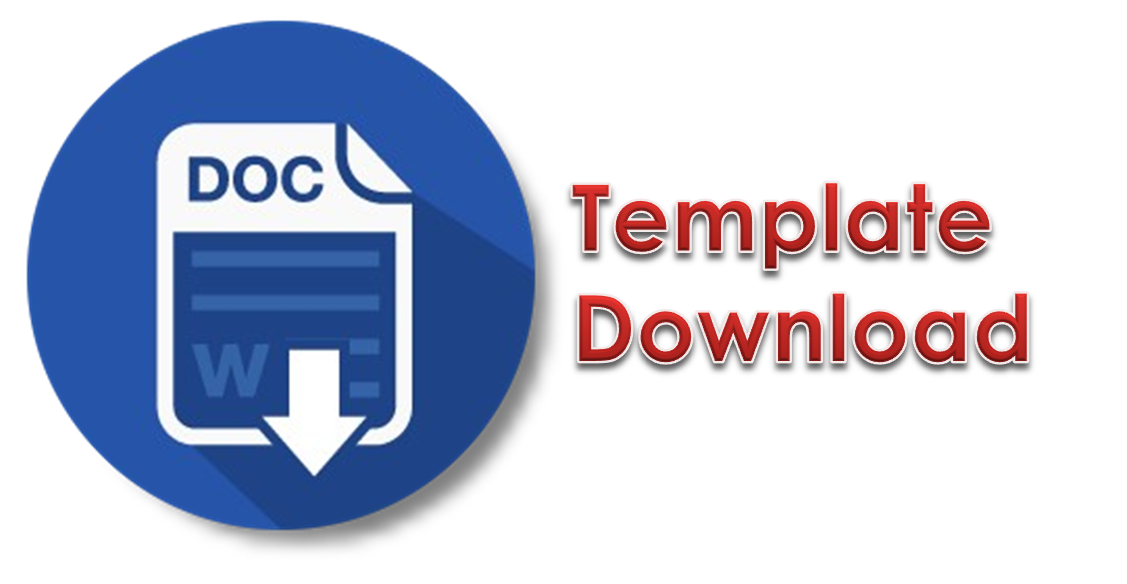Akseptabilitas Draf Kriteria Baru Penentuan Kalender Hijriah Menurut Ahli Falak di Indonesia
Abstract
In 2015 AD, 2016 AD, 2017 and 2017 there was a new discussion about the draft of new criteria for the determination of the Islamic calendar in Indonesia, namely the draft MUI criteria and the new draft criteria MABIMS, with the criteria of 3 degrees hilal height and 6.4 degree elongation. This criterion is deliberately made for the benefit and mutual agreement for the unification of the hijri calendar in Indonesia. It is hoped that the experts of the Islamic organizations in Indonesia will give their views and attitudes to the draft of new criteria to harmonize the criteria for "hilal visibility" which will be used as a reference and guideline for the determination of the beginning of the Islamic month. This study shows that both the rukyat school and the reckoning school as a whole are acceptable for the draft MUI criteria and the new draft MABIMS as the determination of the Islamic calendar in Indonesia. However, overall the distribution of the scores of the two schools is categorized as moderate, so there are those who agree, disagree, and do not agree with the draft criteria. Overall, the two new draft criteria have the opportunity to be applied in Indonesia. To realize this, it is necessary to have a dialogue between Islamic mass organizations, astronomers and fiqh experts, as well as the government as policy makers.
Downloads

This work is licensed under a Creative Commons Attribution 4.0 International License.
Authors who publish with this journal agree to the following terms:
- Authors retain copyright and grant the journal right of first publication with the work simultaneously licensed under a Creative Commons Attribution License that allows others to share the work with an acknowledgement of the work's authorship and initial publication in this journal.
- Authors are able to enter into separate, additional contractual arrangements for the non-exclusive distribution of the journal's published version of the work (e.g., post it to an institutional repository or publish it in a book), with an acknowledgement of its initial publication in this journal.
- Authors are permitted and encouraged to post their work online (e.g., in institutional repositories or on their website) prior to and during the submission process, as it can lead to productive exchanges, as well as earlier and greater citation of published work










